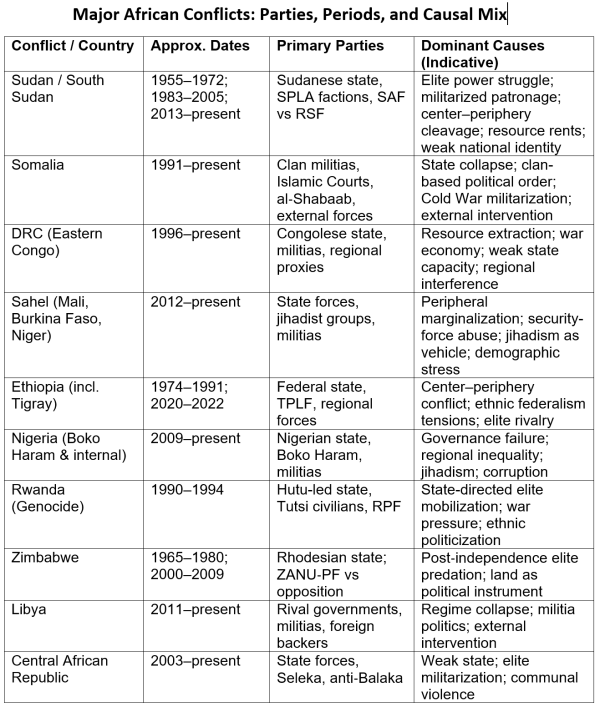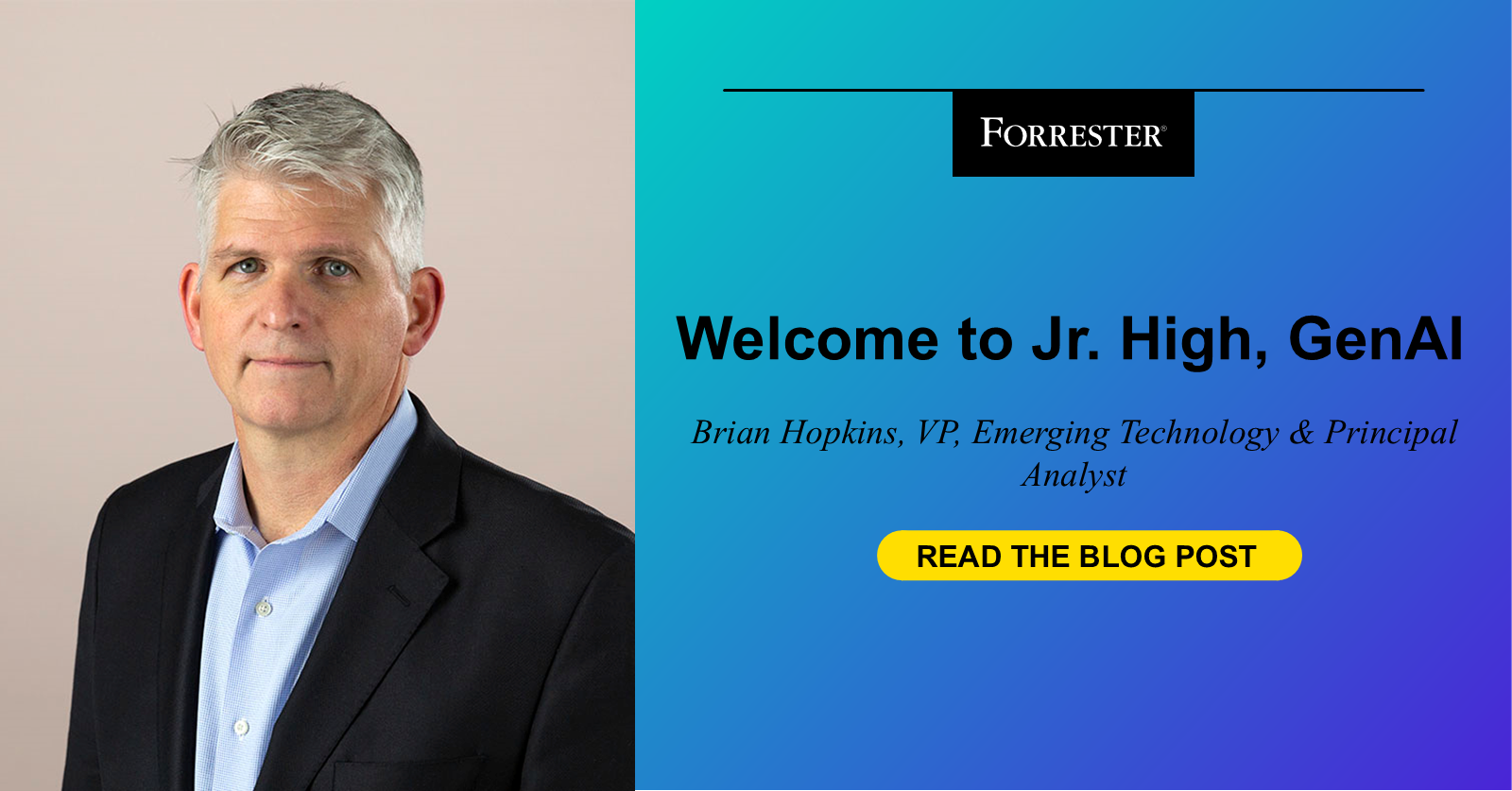Ricardo Duchesne’s Greatness and Ruin is an ambitious, confrontational, and deeply contrarian work. Framed as a sweeping civilizational analysis, it seeks to explain the unprecedented intellectual, cultural, and technological achievements of the West alongside what Duchesne views as its current self-destructive liberal pluralism. This is a book that refuses to bow to academic orthodoxy, rejecting both the economic reductionism of “Great Divergence” historians and the multicultural relativism of contemporary liberalism. Instead, Duchesne revives a grand narrative of European exceptionalism rooted in introspective consciousness, self-authorizing reason, and the emancipation from kinship structures—attributes he claims are uniquely Western.
The Peculiarities of the West
At the heart of Duchesne’s thesis lies the idea that the West’s greatness stems not from material advantages or environmental luck, but from an internal cognitive revolution: the discovery of mind, selfhood, and rational universality. Beginning in ancient Greece, Europeans uniquely developed second-order thinking—“thinking about thinking”—and thereby forged a new path in the evolution of consciousness. The West, Duchesne insists, broke with tribal and kinship-bound ways of life, producing a radically individualistic culture grounded in reason, introspection, and the construction of universal moral and epistemological frameworks.
This claim is exemplified by his treatment of Greek philosophy. Duchesne asserts that Plato and the Pre-Socratics did not merely speculate about nature, but inaugurated an entirely new mode of thought, one that sought to ground truth in reason rather than tradition or divine command. This was the birth of what he calls the “self-authorizing mind.” Western individuals increasingly looked inward and established the criteria of knowledge from within, not from external authorities.
This inward turn, Duchesne argues, underlies every great Western achievement—from Euclidean geometry and Aristotelian logic to the invention of science, cartography, linear musical development, historical consciousness, and the novel. The implication is that the West’s intellectual achievements were not merely cumulative but reflective of a deeper transformation in the structure of consciousness.
Georg Oesterdiekhoff and the Psychological Development of Civilizations
One of the most illuminating—and controversial—sections of the book is Duchesne’s engagement with the German sociologist Georg Oesterdiekhoff. Drawing on Oesterdiekhoff’s synthesis of Piagetian developmental psychology and historical sociology, Duchesne asserts that non-Western civilizations never progressed beyond a “pre-operational” or “concrete operational” stage of cognition. In other words, most of humanity remained mentally “childlike,” bound to myth, ritual, and the immediate sensory world.
Only the West, beginning with the Greeks, achieved formal operational thought—the ability to think abstractly, hypothetically, and self-reflectively. Oesterdiekhoff’s contention is that just as children go through cognitive stages, so too do civilizations. Most societies stagnated at an early cognitive level, with only Europe pushing into higher-order reasoning. Duchesne uses this framework to bolster his argument that the Western mind is developmentally distinct and historically singular.
This line of reasoning is sure to provoke accusations of ethnocentrism or even racism, but Duchesne is unapologetic. For him, psychological development is the missing link in explaining the West’s unparalleled originality. Oesterdiekhoff’s theories provide a cognitive foundation for the cultural achievements Duchesne catalogues in fields as diverse as philosophy, art, music, science, and political theory.
The Axial Age Reconsidered
Duchesne places significant emphasis on the Axial Age—the period roughly between 800 and 200 BCE, during which parallel philosophical and religious revolutions occurred in Greece, India, China, and Israel. While Karl Jaspers and Robert Bellah heralded the Axial Age as a global breakthrough into reflexive thought, Duchesne is far more skeptical.
He argues that while Axial Age thinkers outside the West—such as Confucius or the Buddha—did develop rudimentary ethical and metaphysical systems, their work remained embedded in kinship, myth, and tradition. Only in Greece, he contends, did a truly critical, self-reflective consciousness emerge. Here, we see the shift from mythos to logos, from culture-bound wisdom to universalizing reason. The Greeks invented paradox, critique, and the ability to doubt one’s own certainties.
Crucially, Duchesne argues that non-Western Axial breakthroughs quickly stagnated. Confucianism ossified into ritualism; Indian thought turned toward transcendental mysticism rather than rational inquiry. Only the West continued to advance intellectually, launching what he describes as a sequence of revolutions: the Roman legal order, the Christian invention of the equal soul, Scholasticism, the Renaissance, the Scientific Revolution, the Enlightenment, and beyond.
The West and the Invention of Paradox
One of the most original contributions of Greatness and Ruin is its framing of paradox as a uniquely Western invention. Duchesne argues that Western consciousness is defined by its capacity to reflect on itself, to doubt its foundations, and to universalize its findings. This capacity leads to the generation of paradoxes—unresolvable tensions that drive creativity and crisis alike.
Examples of these paradoxes abound: the Christian idea that all are equal in soul, yet humans live in inequality; the liberal belief in universal tolerance, which must exclude the intolerant; the scientific method that seeks truth while denying metaphysical certainty. These paradoxes, Duchesne suggests, are not flaws but features—evidence of a dynamic and self-questioning mind.
Yet these same paradoxes contain the seeds of Western decline. The West’s commitment to universal principles—rationality, individual freedom, tolerance—eventually turned against its own civilizational cohesion. The liberal order—in its drive to eliminate prejudice, tradition, and particularism—ultimately undermines the very Western subject who created it.
Liberalism as Ethnocide
The final chapters of Greatness and Ruin offer a scathing critique of liberalism. Duchesne sees liberalism not as a neutral political philosophy but as the latest expression of the Western drive toward self-overcoming. By emphasizing individual rights, value pluralism, and cultural neutrality, liberalism severs the West from its own cultural foundations. In Duchesne’s view, liberalism is inherently corrosive—it refuses to affirm the cultural particularity of Europe and instead mandates a self-denial masquerading as universalism.
Duchesne argues that liberalism has become ethnocidal: it compels Western nations to deconstruct their historical identities in favor of a multicultural, global order in which European peoples become just one group among many. The Protestant work ethic, classical education, civic republicanism, and Enlightenment rationalism are all treated as outdated or oppressive legacies to be dismantled. Immigration, affirmative action, and “diversity, equity, and inclusion” policies become not mere adjustments but instruments of cultural erasure.
The tragic irony, Duchesne insists, is that liberalism was born from the self-reflective genius of the West. It is precisely because Europeans created a political philosophy grounded in introspection, critique, and impartiality that they are now unable to defend their own particularity. Liberalism eats itself: its openness becomes its vulnerability, its commitment to tolerance becomes an intolerance of the particular values that created it.
A Final Assessment
Greatness and Ruin is a bold, sprawling, and deeply polemical book. It will infuriate many for its unabashed Eurocentrism, its challenge to liberal pieties, and its willingness to engage with taboo subjects such as group psychology, race, and civilizational hierarchy. Yet it is also a work of considerable erudition, drawing on philosophy, sociology, anthropology, psychology, and intellectual history.
What makes the book powerful—if at times overreaching—is its synthetic vision. Duchesne does not merely cherry-pick historical facts; he assembles them into a coherent civilizational narrative centered on the development of consciousness. His use of thinkers like Oesterdiekhoff, Henrich, Hegel, and Piaget is more than name-dropping; it is a serious attempt to develop a transdisciplinary account of cultural evolution.
Inevitably, critics will object to Duchesne’s overlooking of structural factors such as empire, slavery, and resource extraction, in explaining the rise of the West. Some might even consider him chauvinistic for downplaying non-Western achievements. Yet the structural explanations he downplays have largely been discredited for failing to account for the deeper sources of Western distinctiveness and he makes an impressive argument for Western uniqueness in many areas. Essentially, his fundamental point—that Western civilization is uniquely characterized by introspective selfhood and the creation of paradox—remains both provocative and illuminating.
In the end, Duchesne’s book is less a lament for a lost civilization than a challenge to it. If the West is to avoid ruin, he suggests, it must reassert the particular consciousness that made its greatness possible. Whether one agrees with this prescription or not, Greatness and Ruin is a necessary provocation—a reminder that civilizations do not merely decline from without, but decay from within when they forget who they are.




























